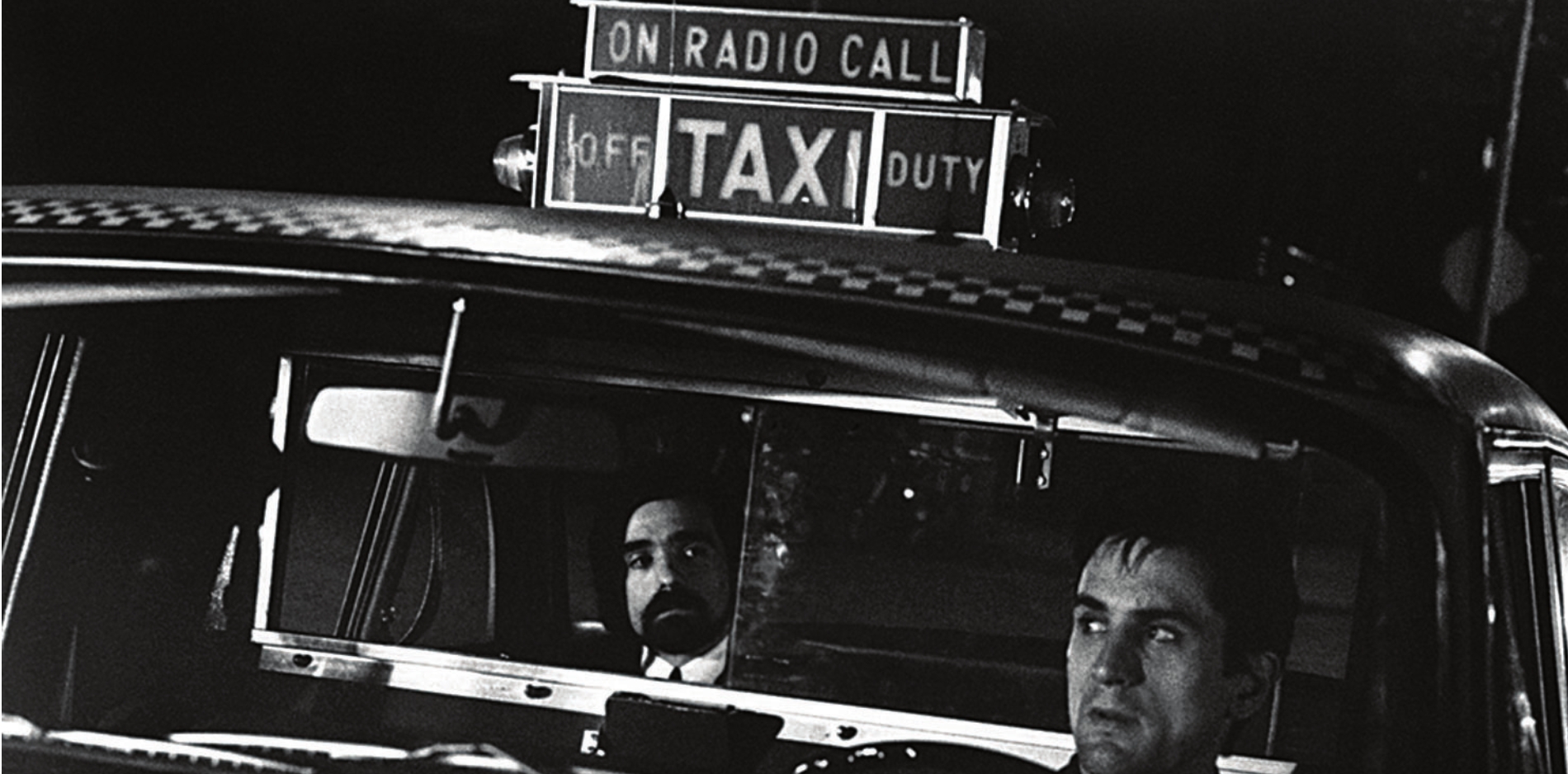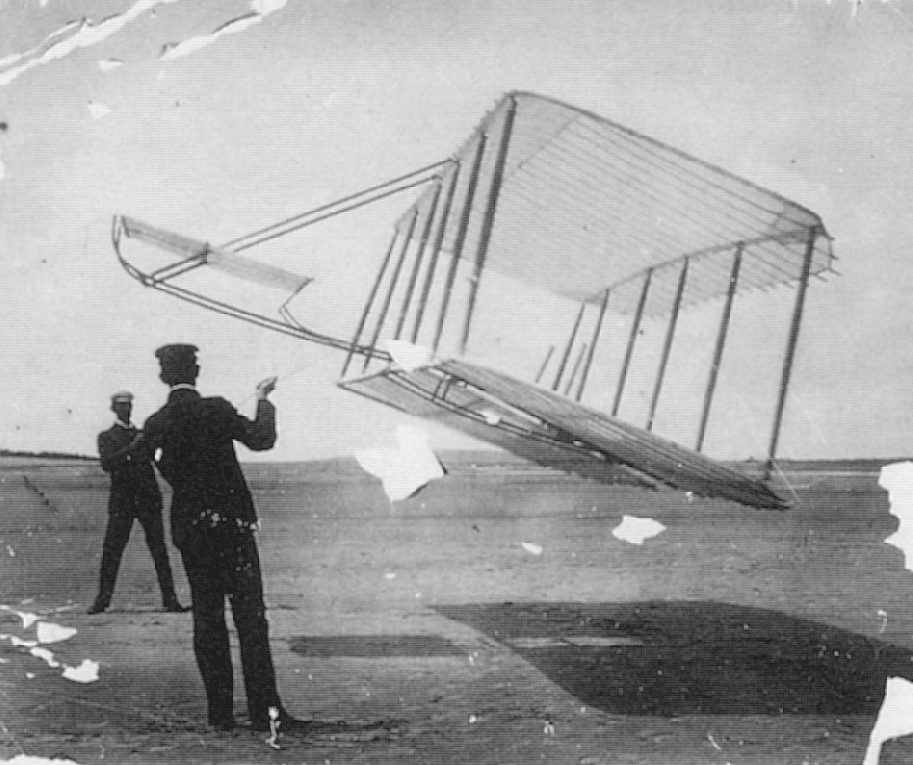Uber is good for consumer experience and the environment, but CEO Travis Kalanick is determined to convince the public the rideshare company is also beneficial to workers, and that’s a lie. When half your employees quit in the first year, you haven’t created good jobs. When your business model kills many more-stable positions, you’re not good for employment. When you publicly lust for that day you can be rid of all your employees, you aren’t a friend of Labor. Maybe all these things are necessarily collateral damage in the march of progress, but let’s be honest about it.
From Ellen Huet’s Forbes report about the company’s fifth-anniversary ceremony:
Uber is adding “hundreds of thousands” of drivers globally every month, Kalanick said, and has 26,000 active drivers in New York, 15,000 in London, 10,000 in Paris and 22,000 in San Francisco, the company said. It has 20,000 active drivers (and 42,000 who have ever signed up) in Chengdu, China, a region where Uber’s two major rivals recently merged and control almost 99% of the market. Uber often signs up many more drivers than remain current active drivers: In a recent study of U.S. drivers, Uber found that that almost half of its drivers stop driving after a year.
Because Uber tends to experiment and explore many different verticals — courier service and food delivery, for example — it was surprising that Kalanick barely mentioned the company’s potential outside of its core ride-hailing service. He only made one allusion — “just imagine all the goods and services you could get delivered quickly and safely with just the touch of a button” — to Uber’s other services. He also made no mention of Uber’s advances in developing autonomous cars, which have involved poaching numerous engineers and researchers from Carnegie Mellon to staff up its own research center.
Instead, the address focused on Uber’s effects on cities, urban transportation and its driver workforce. An Uber driver who is also a military wife gave the introduction for Kalanick and spoke briefly, occasionally tearing up, about how Uber’s flexible schedule allowed her to volunteer at her son’s school.•


